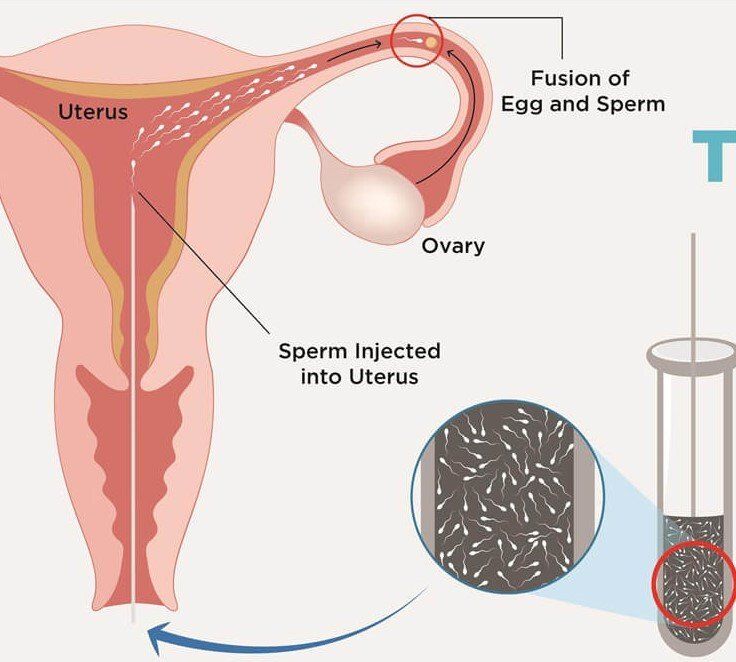Frequently Asked Questions
To help you learn more about IVF, our specialists put together a list of IVF FAQs and some in vitro fertilization facts.
- What is infertility?
Infertility is defined as the inability to conceive after a year of unprotected intercourse (six months if the woman is over 35). The term “infertility” is very broad and not necessarily related to a specific medical condition. If you fall into this category, you should seek the help of a fertility specialist to diagnose the cause(s) and discuss treatment options.
- Is infertility a common problem?
It is estimated that 10-15% of women of childbearing age have trouble conceiving and need assistance.
- Is infertility just a woman’s problem?
The causes of infertility are fairly evenly divided between men and women. Approximately 40% of infertility cases can be traced to the woman, 40% to the man, and the remaining 20% are a combination of male/female factors or “unexplained.”
- What causes infertility in men?
Typically male infertility is caused by problems with the sperm – either the quantity or the quality. The root cause can be hereditary/genetic, or the result of an injury or illness.
- What causes infertility in women?
There are many factors that can lead to infertility in women. These include ovulation problems, blocked or damaged fallopian tubes, egg quality, egg quantity (ovarian reserve) and uterine conditions that hinder implantation of the embryo.
- How long should women try to get pregnant before calling their doctor?
If a couple is trying to conceive and has been unsuccessful for a year (6 months if the woman is over 35), they should consult with a fertility specialist to formulate the best course of action.
- What kind of infertility testing can I expect?
There are a wide range of tests that can be performed to diagnose infertility and determine the best course of treatment. They include blood tests that measure hormone levels, ultrasounds that examine the ovaries, tests that image the fallopian tubes and pelvic cavity, and blood tests that measure immune factors that can affect embryo implantation.
- How do doctors treat infertility?
If the diagnosis is comprehensive and accurate, your physician will address each of the affecting factors. This may involve bypassing the fallopian tubes with In Vitro Fertilization, surgery to remove ovarian cysts or endometriosis, simple intrauterine insemination, ovulation induction using fertility drugs, or, in the case of male fertility, direct injection of sperm into an egg to induce fertilization. The key to success is individualizing treatment based on a patient’s personal diagnosis and circumstances. Learn more about infertility treatments.
- What are the risk factors for infertility?
Certain factors increase the likelihood of infertility. These include advancing age (beyond 35 years), the presence of Polycystic Ovarian Syndrome (PCOS), endometriosis, smoking, excessive alcohol or drug use, prior miscarriage, a history of autoimmune disease such as psoriasis, Celiac disease, or Diabetes Mellitus Type I.
- What are the signs and symptoms?
Each cause of infertility has its own signs and symptoms. In general, the main red flags indicating potential infertility are failure to conceive after a year of trying, difficulty staying pregnant, recurrent miscarriage, irregular or painful periods.
- How can I find an infertility specialist?
It is important to find a fertility specialist that demonstrates medical expertise and excellence, makes you feel comfortable, inspires confidence, and respects your feelings and opinions. Don’t be afraid to consult with multiple fertility specialists until you find one that is right for you. The administrative staff and nurses are also an important component of your treatment, so you should feel comfortable and confident in them as well.





